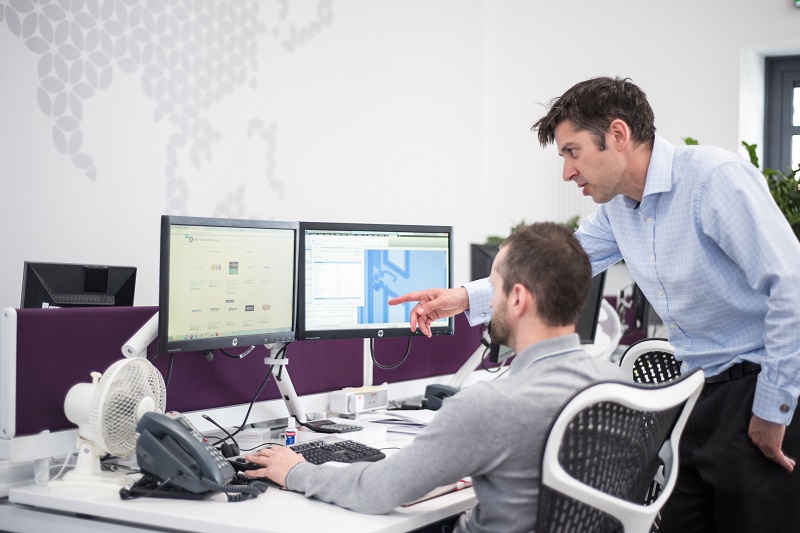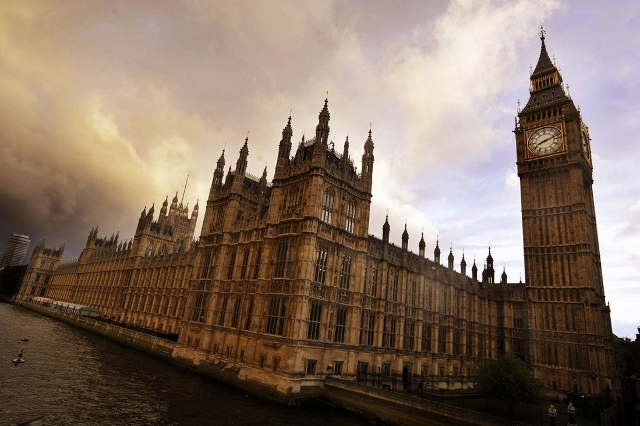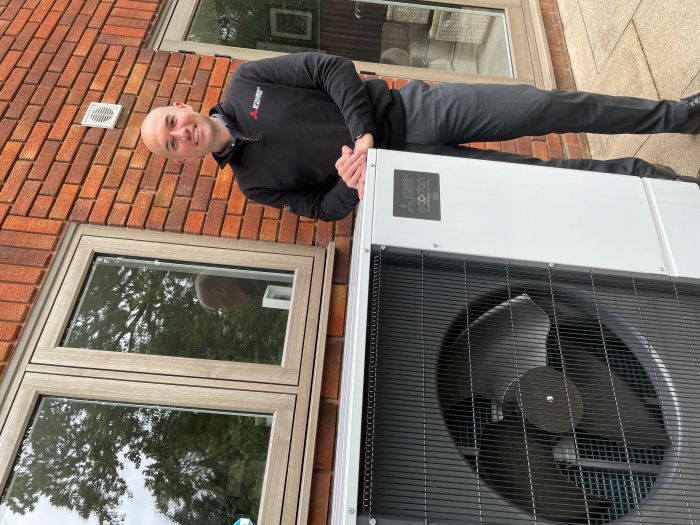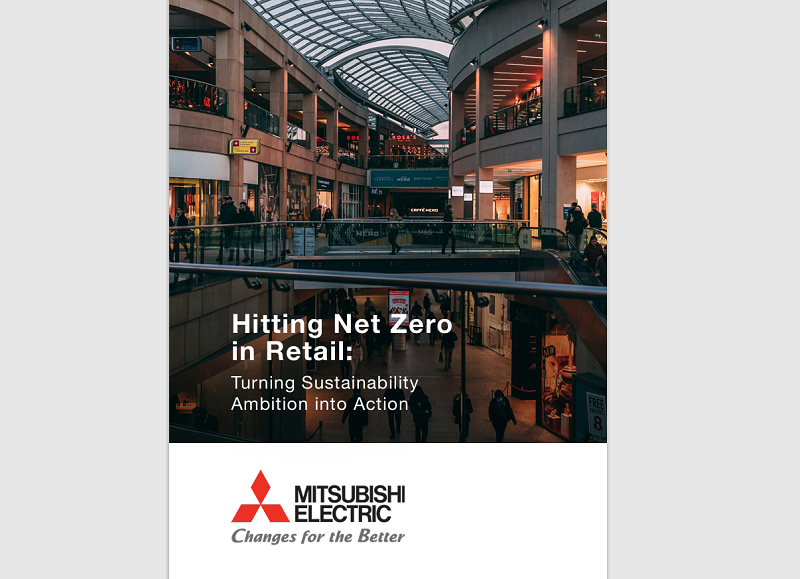Influential political figures may be pushing hard to encourage wider adoption of renewable energy and solutions such as heat pumps for the domestic market, but that is not always translating to what is happening on the ground.
A recent report from the Committee on Climate Change strongly suggested that the Government should increase promotion of heat pumps, particularly for rural areas, but there remains some degree of resistance within the wider industry.
With traditional heating manufacturers continuing to secure the lion’s share of the domestic market, some have argued a proper Government-backed education programme needs to be launched to help the public and key stakeholders in the industry fully understand the renewable alternative.

Marcus Franck, of Smart Renewable Heat, suggests that a “mindset change” is needed to achieve the ultimate goal of lowering the nation’s carbon footprint.
writes about how renewable heating is critical to lowering our collective carbon footprint, and how a mindset change is necessary for achieving this goal.
He says that Building Regulations Part L (2013) and the Standard Assessment Procedure (SAP) are making a positive impact, but to build more properties and reduce carbon emissions at the same time remains difficult.
“Renewable energy is critical to meeting this balance, and renewable heating is a key element of this,” he said.
“The construction industry is often driven by market demand. If there is a clamour for renewable heat, the industry players will respond. However, property owners face their own obstacles. At this stage, it’s not always in the interest of construction stakeholders to push heat pumps, biomass boilers, or solar thermal panels to their client.”
He identifies three main challenges:
- there is too much admin and paperwork on all sides of the installation process;
- information is inconsistent and unclear, and support from local and national authorities is insufficient.
- marketing hasn’t raised enough awareness.
“I would argue that renewable heating is still seen as ‘the other’, rather than the primary default option for UK housing construction,” he added. “Heat pumps are still considered to be alternative, rather than the norm. This mindset is a huge problem.
“Property developers have access to specialists, but the financials still present a challenge. Renewable heating is appealing to buyers and tenants due to reduced utility bills, but these systems are expensive to purchase and install for developers. The chances of acquiring planning permission are greater if a development uses greener energy, and this is a key driver.”
At the heart of the problem is communication. Stakeholders must be encouraged to learn more about renewable heating, what it needs, and what it means.

Influential political figures may be pushing hard to encourage wider adoption of renewable energy and solutions such as heat pumps for the domestic market, but that is not always translating to what is happening on the ground.
A recent report from the Committee on Climate Change strongly suggested that the Government should increase promotion of heat pumps, particularly for rural areas, but there remains some degree of resistance within the wider industry.
With traditional heating manufacturers continuing to secure the lion’s share of the domestic market, some have argued a proper Government-backed education programme needs to be launched to help the public and key stakeholders in the industry fully understand the renewable alternative.
Marcus Franck, of Smart Renewable Heat, suggests that a “mindset change” is needed to achieve the ultimate goal of lowering the nation’s carbon footprint.
writes about how renewable heating is critical to lowering our collective carbon footprint, and how a mindset change is necessary for achieving this goal.
He says that Building Regulations Part L (2013) and the Standard Assessment Procedure (SAP) are making a positive impact, but to build more properties and reduce carbon emissions at the same time remains difficult.
“Renewable energy is critical to meeting this balance, and renewable heating is a key element of this,” he said.
“The construction industry is often driven by market demand. If there is a clamour for renewable heat, the industry players will respond. However, property owners face their own obstacles. At this stage, it’s not always in the interest of construction stakeholders to push heat pumps, biomass boilers, or solar thermal panels to their client.”
He identifies three main challenges:
- there is too much admin and paperwork on all sides of the installation process;
- information is inconsistent and unclear, and support from local and national authorities is insufficient.
- marketing hasn’t raised enough awareness.
“I would argue that renewable heating is still seen as ‘the other’, rather than the primary default option for UK housing construction,” he added. “Heat pumps are still considered to be alternative, rather than the norm. This mindset is a huge problem.
“Property developers have access to specialists, but the financials still present a challenge. Renewable heating is appealing to buyers and tenants due to reduced utility bills, but these systems are expensive to purchase and install for developers. The chances of acquiring planning permission are greater if a development uses greener energy, and this is a key driver.”
At the heart of the problem is communication. Stakeholders must be encouraged to learn more about renewable heating, what it needs, and what it means.
(This article first appeared on The Hub, Mitsubishi Electric's information resource)












